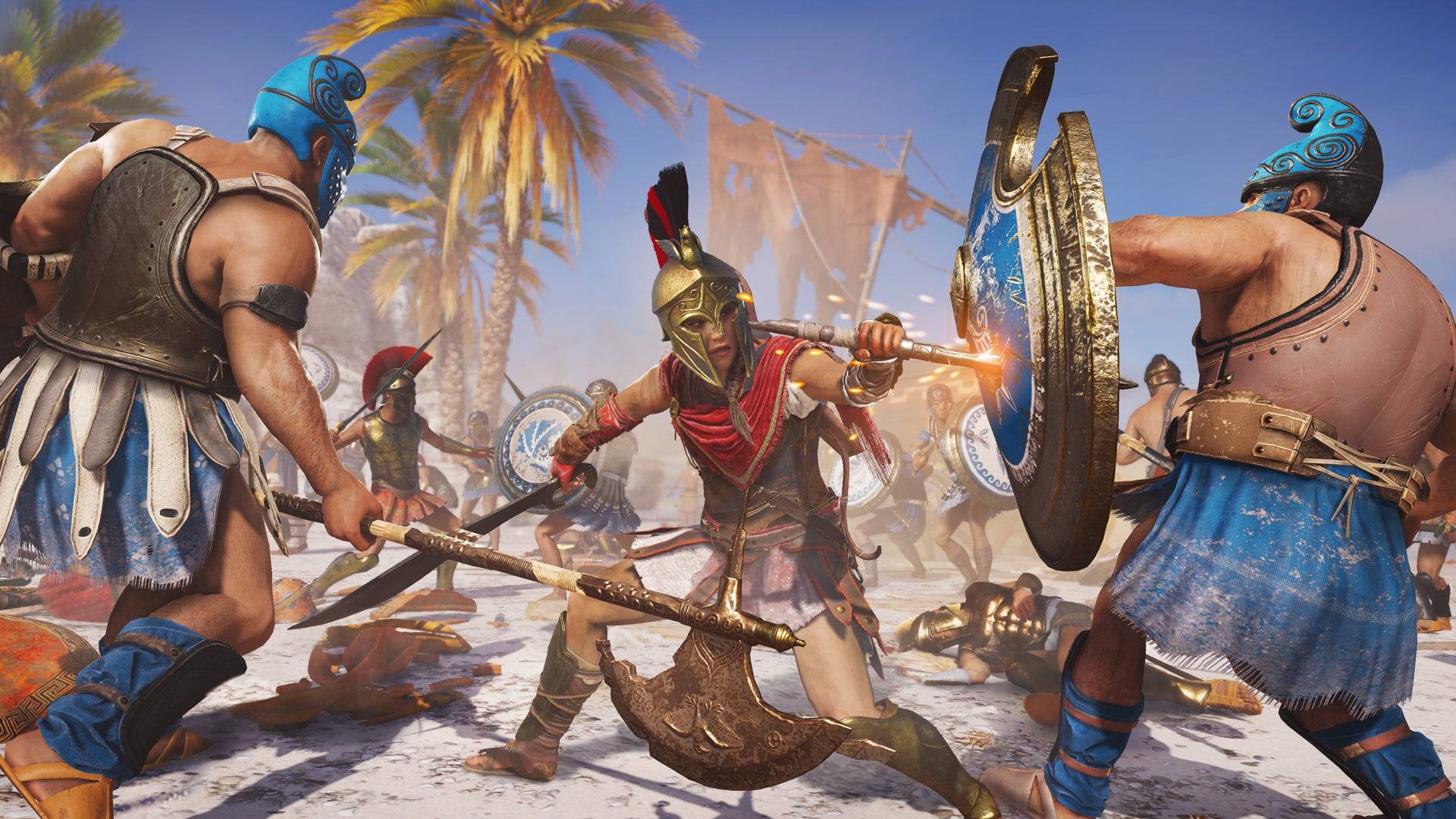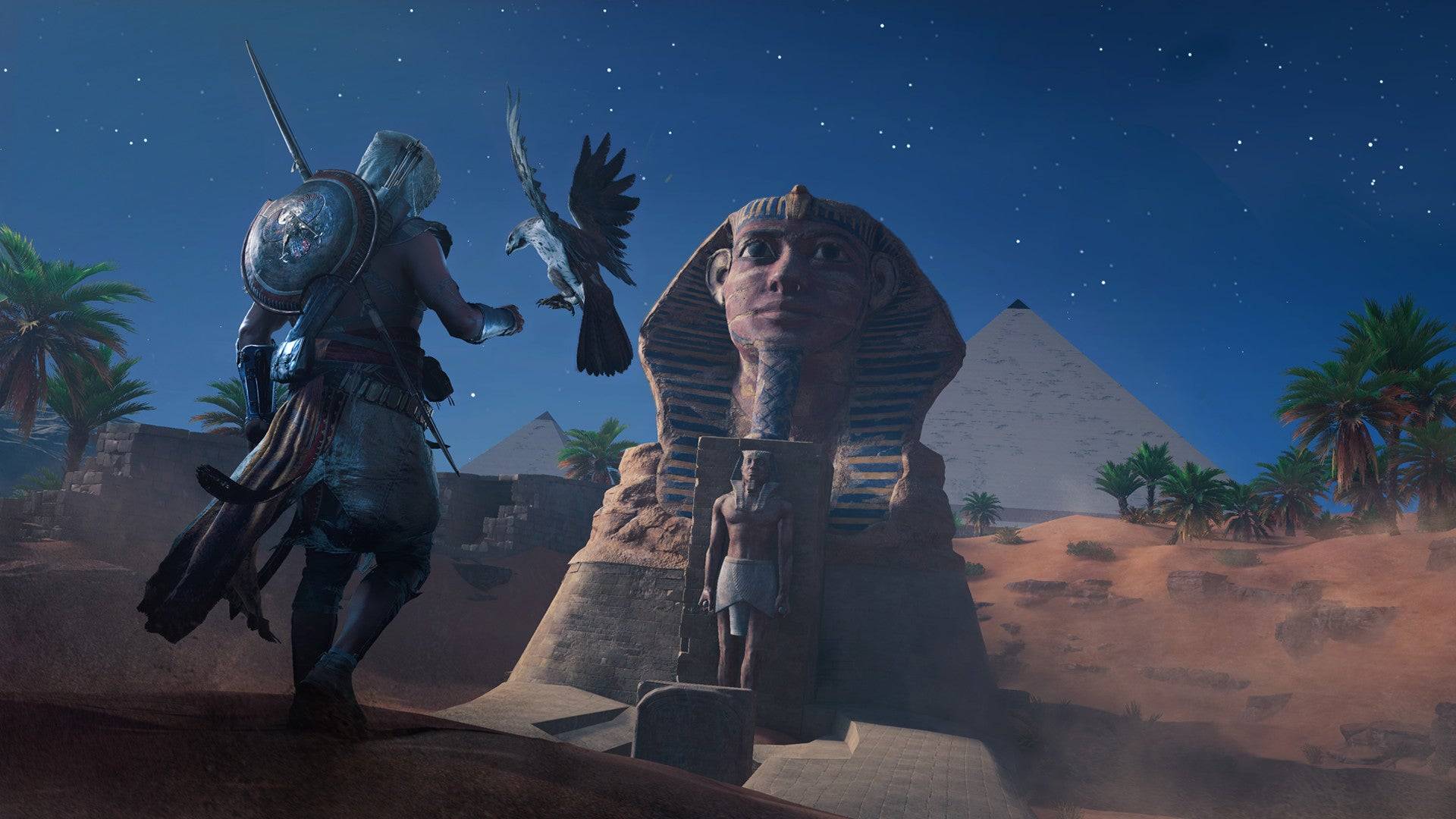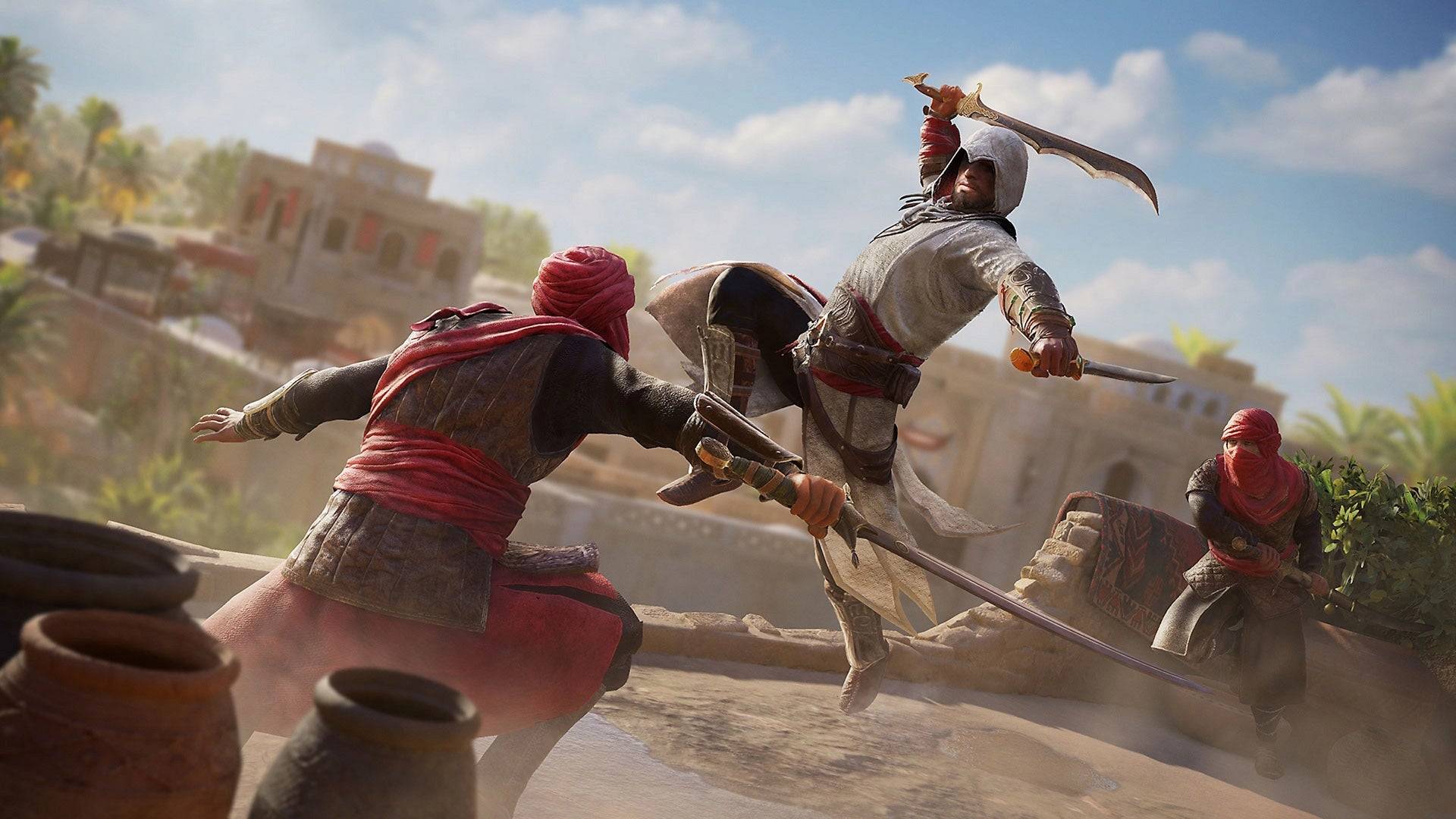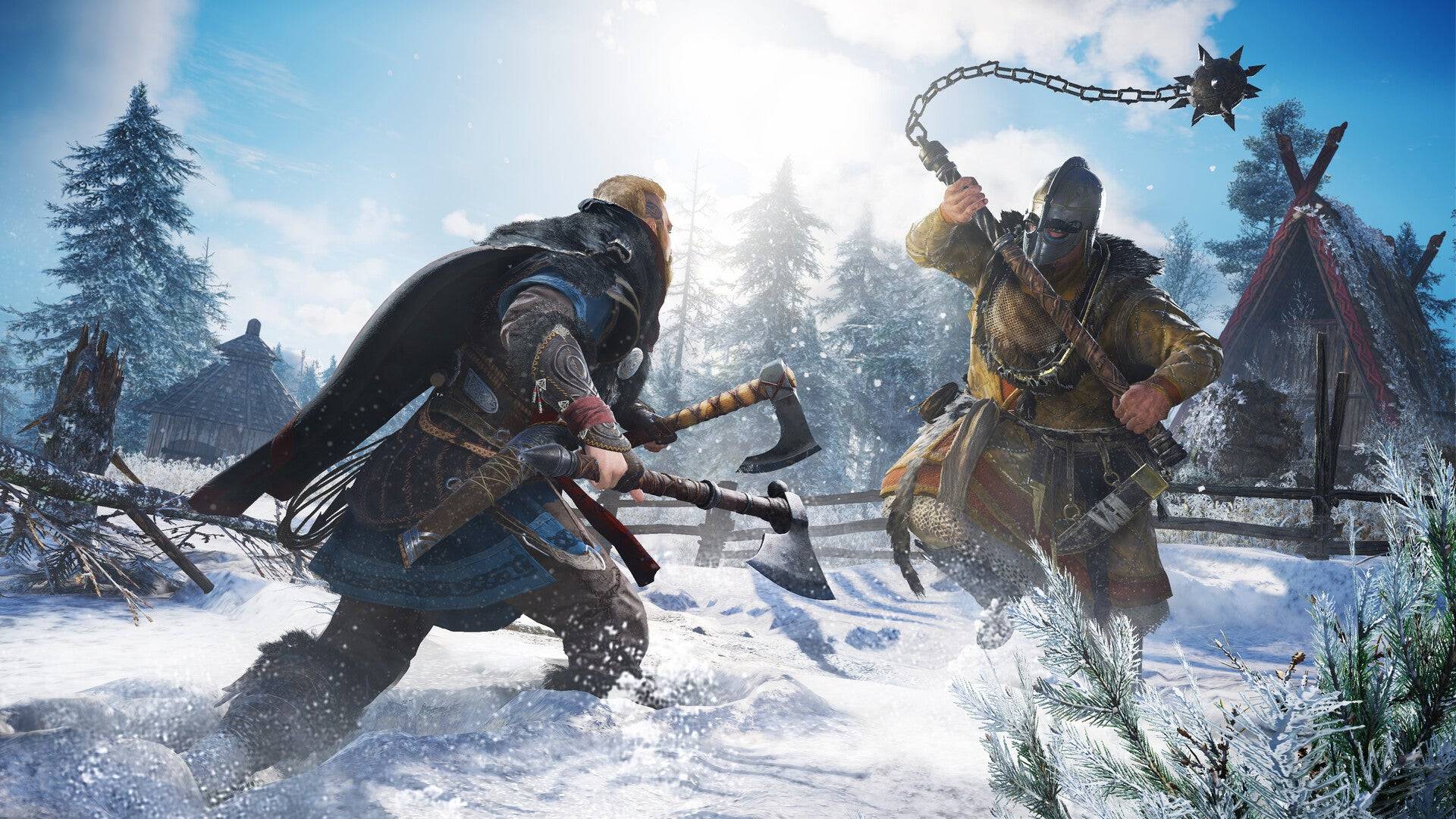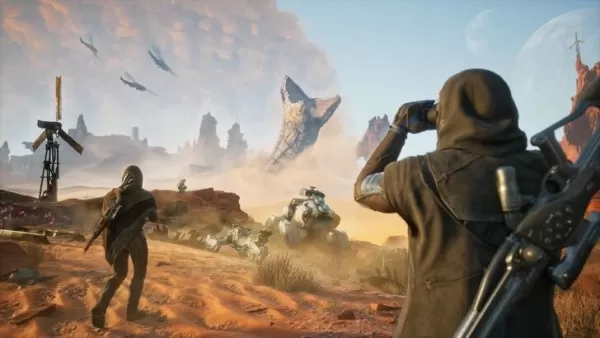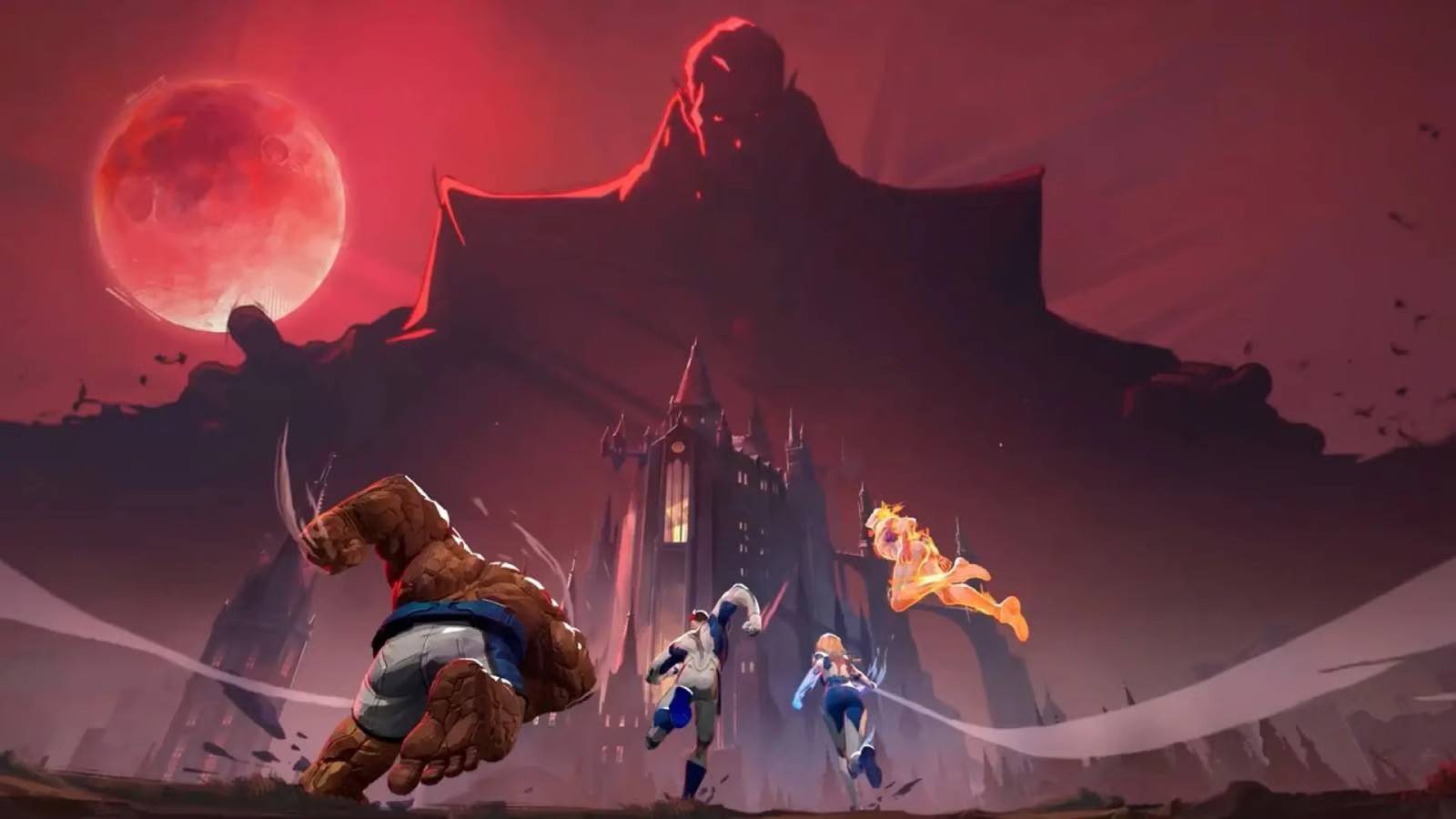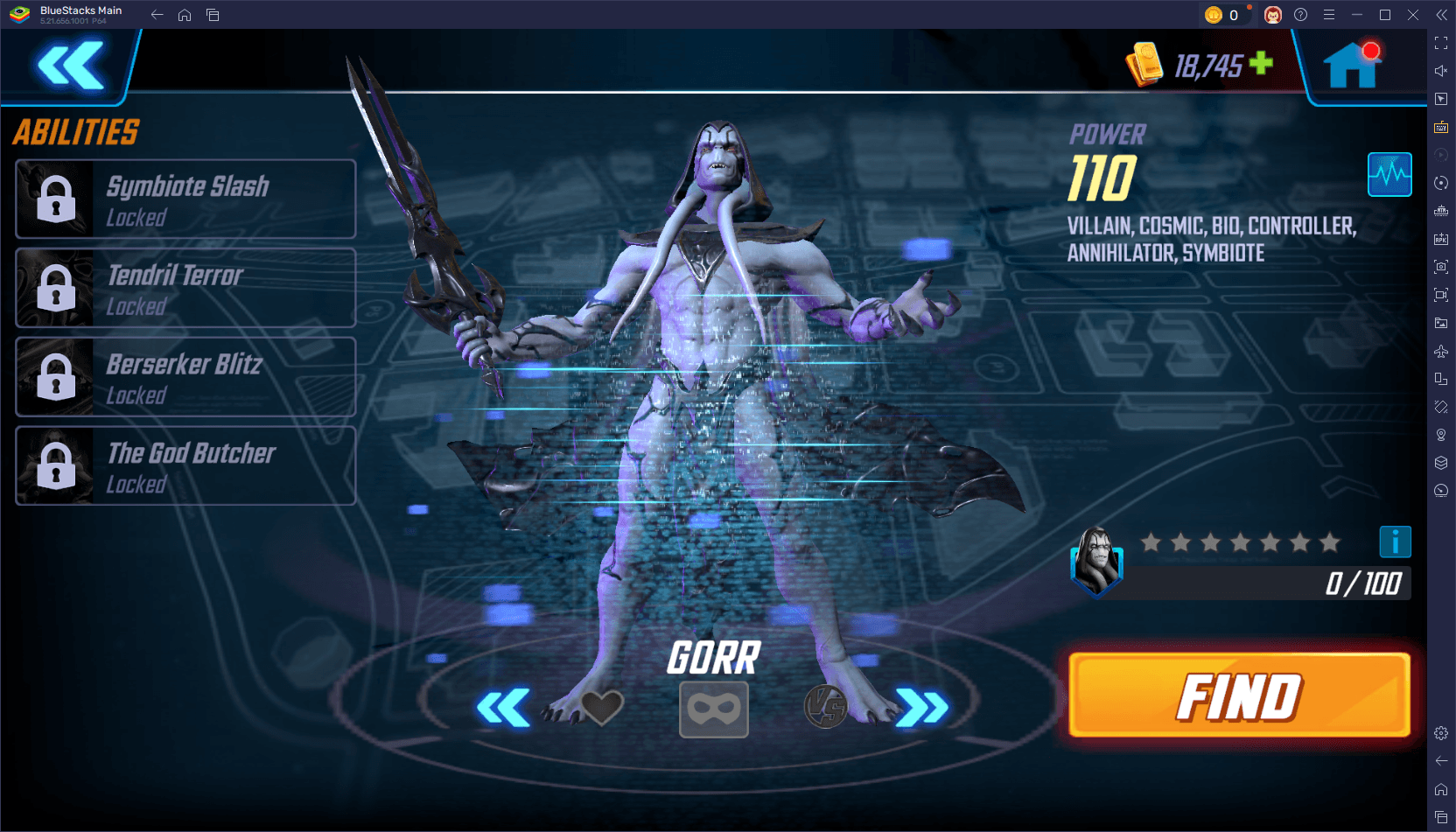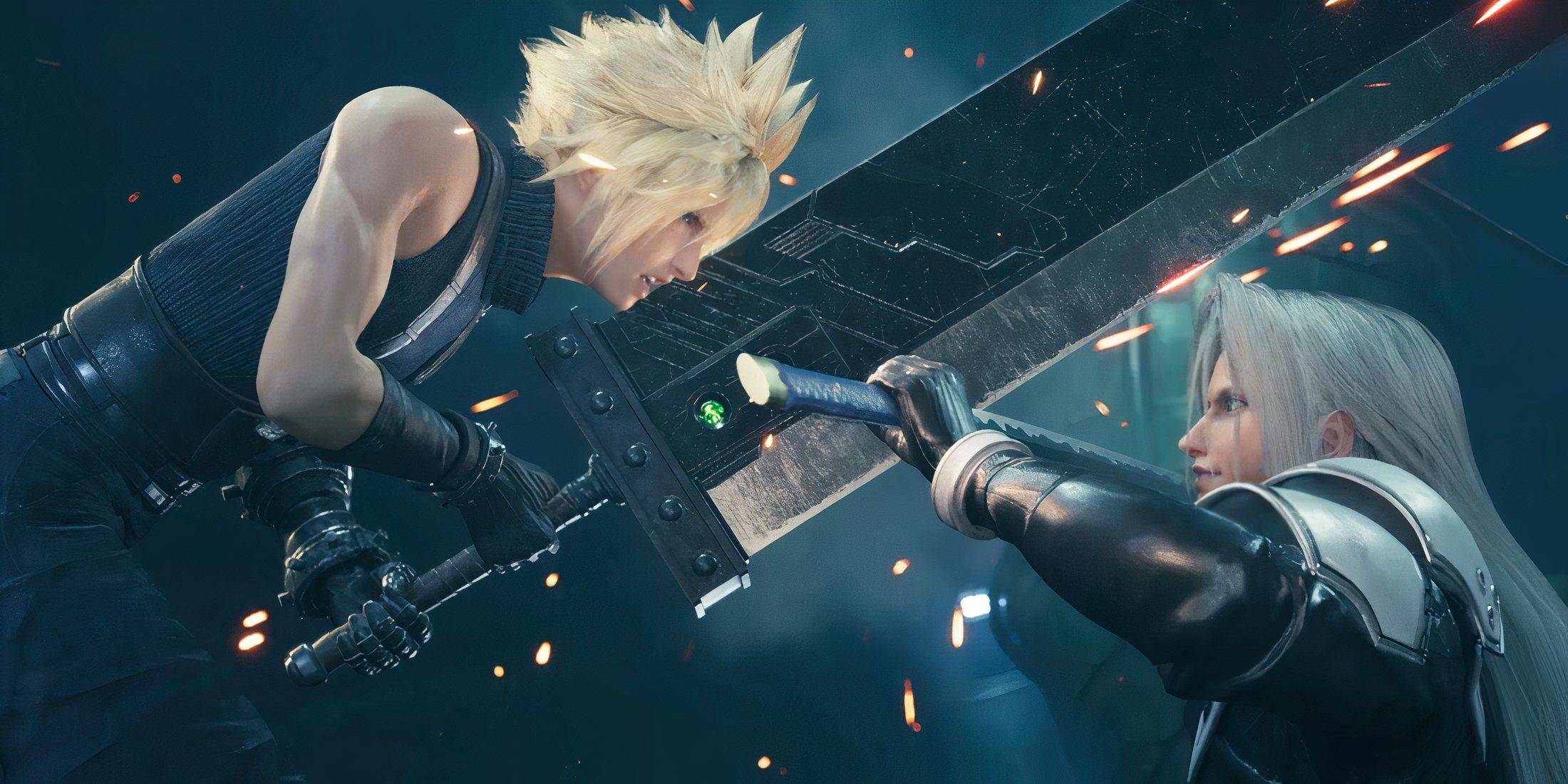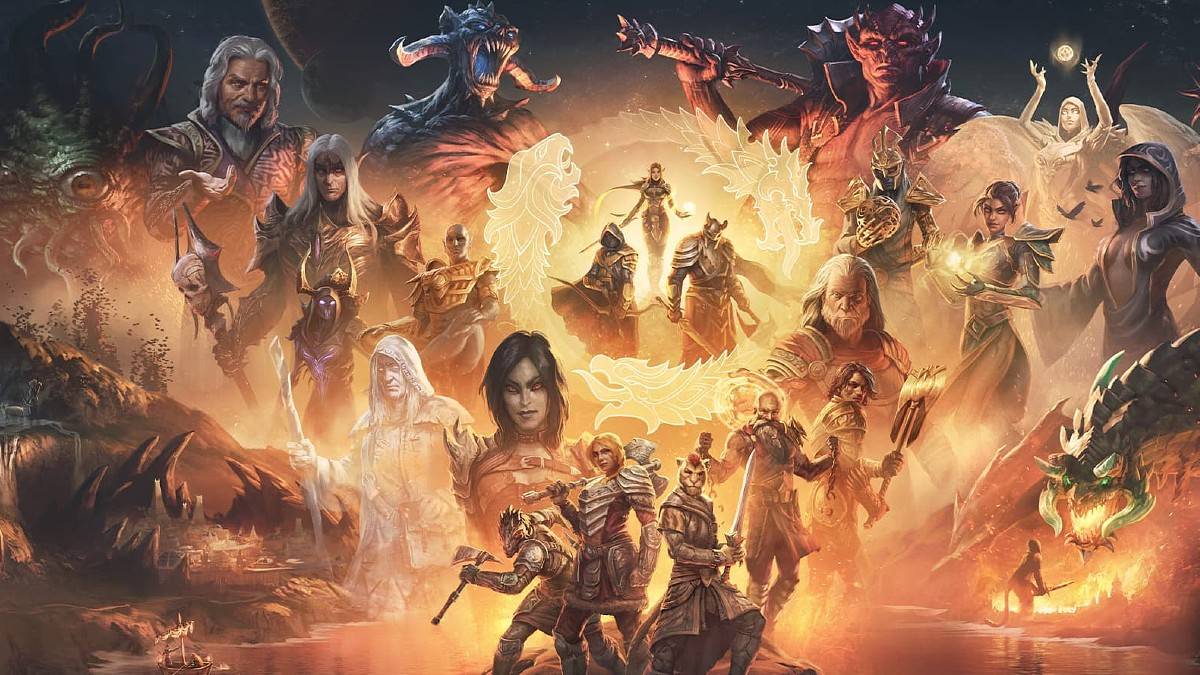Shigeru Ishiba, the Prime Minister of Japan, addressed concerns regarding Ubisoft's Assassin's Creed Shadows during an official government conference. Contrary to some reports suggesting a strong rebuke, the Prime Minister's response was more nuanced. IGN, in collaboration with IGN Japan, provided accurate translations and context to clarify the situation.
Ubisoft has faced criticism and issued multiple apologies leading up to the game's release over its depiction of Feudal Japan and its marketing efforts. The company acknowledged that despite working with consultants and historians, some elements in their promotional materials upset the Japanese community. Additionally, Ubisoft apologized for using a flag from a Japanese historical re-enactment group without permission and for a collectible statue featuring a one-legged Torii gate, which some found offensive due to its association with the Sannō Shrine in Nagasaki.
The question about Assassin's Creed Shadows was posed by Hiroyuki Kada, a Japanese politician and member of the House of Councillors. Kada expressed concerns that allowing players to attack and destroy real-world locations in the game could encourage similar behavior in real life, particularly affecting shrine officials and local residents. He emphasized the importance of respecting local cultures while acknowledging the value of freedom of expression.
Prime Minister Ishiba responded by stating the need for legal discussions with various ministries, including the Ministry of Economy, Trade and Industry, the Ministry of Education, Culture, Sports, Science and Technology, and the Ministry of Foreign Affairs. He stressed that defacing a shrine is unacceptable and an insult to the nation, drawing parallels to the respect shown by Japanese Self-Defense Forces in Iraq. Ishiba's comments focused on potential real-life implications rather than directly criticizing the game itself.
The context of this exchange is significant, as Japan has experienced a surge in international visitors following the country's reopening post-COVID and the appeal of a weak yen. Kada linked his concerns about Assassin's Creed Shadows to issues of "over tourism" and perceived increases in vandalism and graffiti. He specifically mentioned Itatehyozu Shrine in Himeji, within his constituency, which was depicted in the game without permission.
Government responses to these concerns were vague, with the Vice Minister of Economy, Trade and Industry indicating that agencies would address the matter if the shrine sought consultation. However, Ubisoft's proactive approach with a day-one patch suggests sensitivity to Japanese sentiments, which may mitigate the need for further action.
The day-one patch, announced in Japan but not yet confirmed by Ubisoft's western operations, aims to address some of the concerns by making certain in-game shrine elements indestructible, reducing non-essential depictions of bloodshed in shrines and temples, and removing blood from attacks on unarmed NPCs. This patch is set to launch with the game on March 20.
Despite the controversy, Assassin's Creed Shadows faces significant global expectations following Ubisoft's recent challenges, including delays and the underperformance of Star Wars Outlaws. IGN's review of the game scored it an 8/10, praising its refined open-world experience.
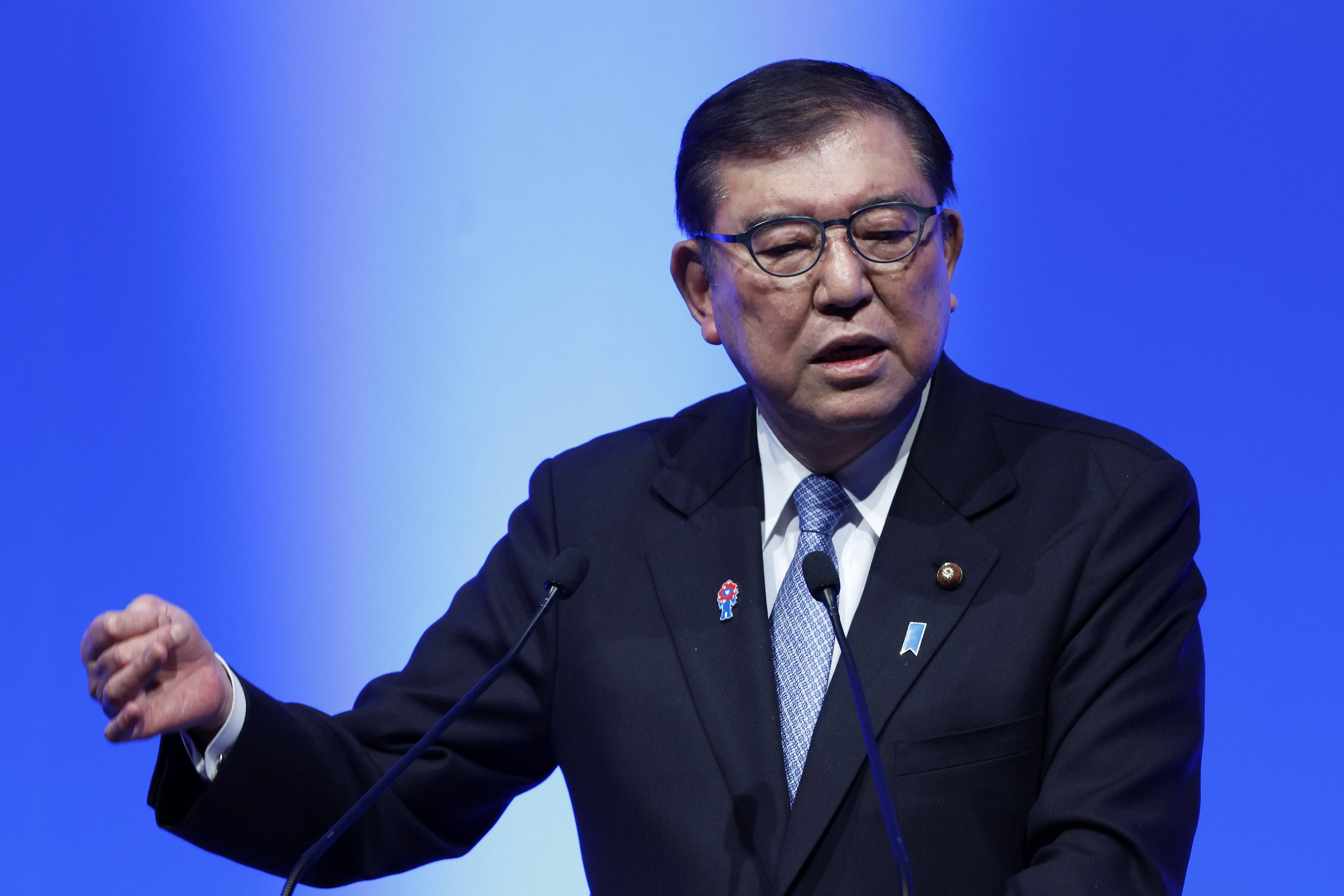 Shigeru Ishiba, the Prime Minister of Japan, responded to a question about Assassin’s Creed Shadows. Photographer: Kiyoshi Ota/Bloomberg via Getty Images.
Shigeru Ishiba, the Prime Minister of Japan, responded to a question about Assassin’s Creed Shadows. Photographer: Kiyoshi Ota/Bloomberg via Getty Images.
The Complete Assassin's Creed Timeline
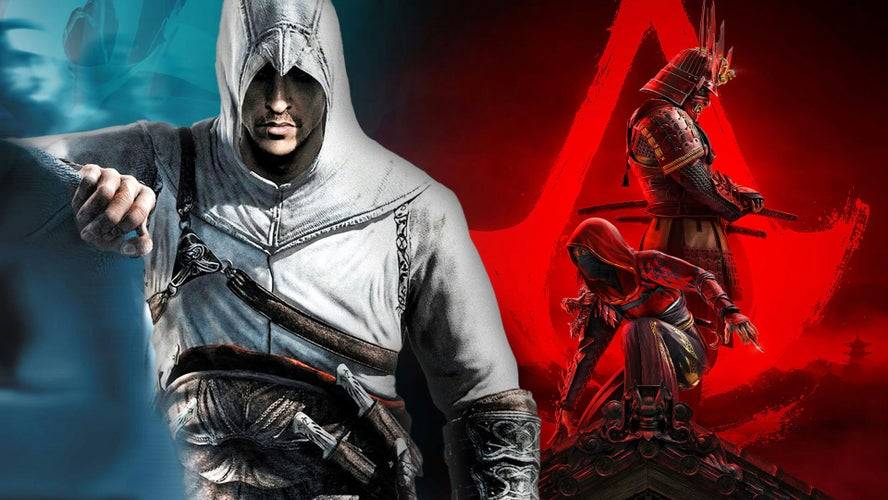
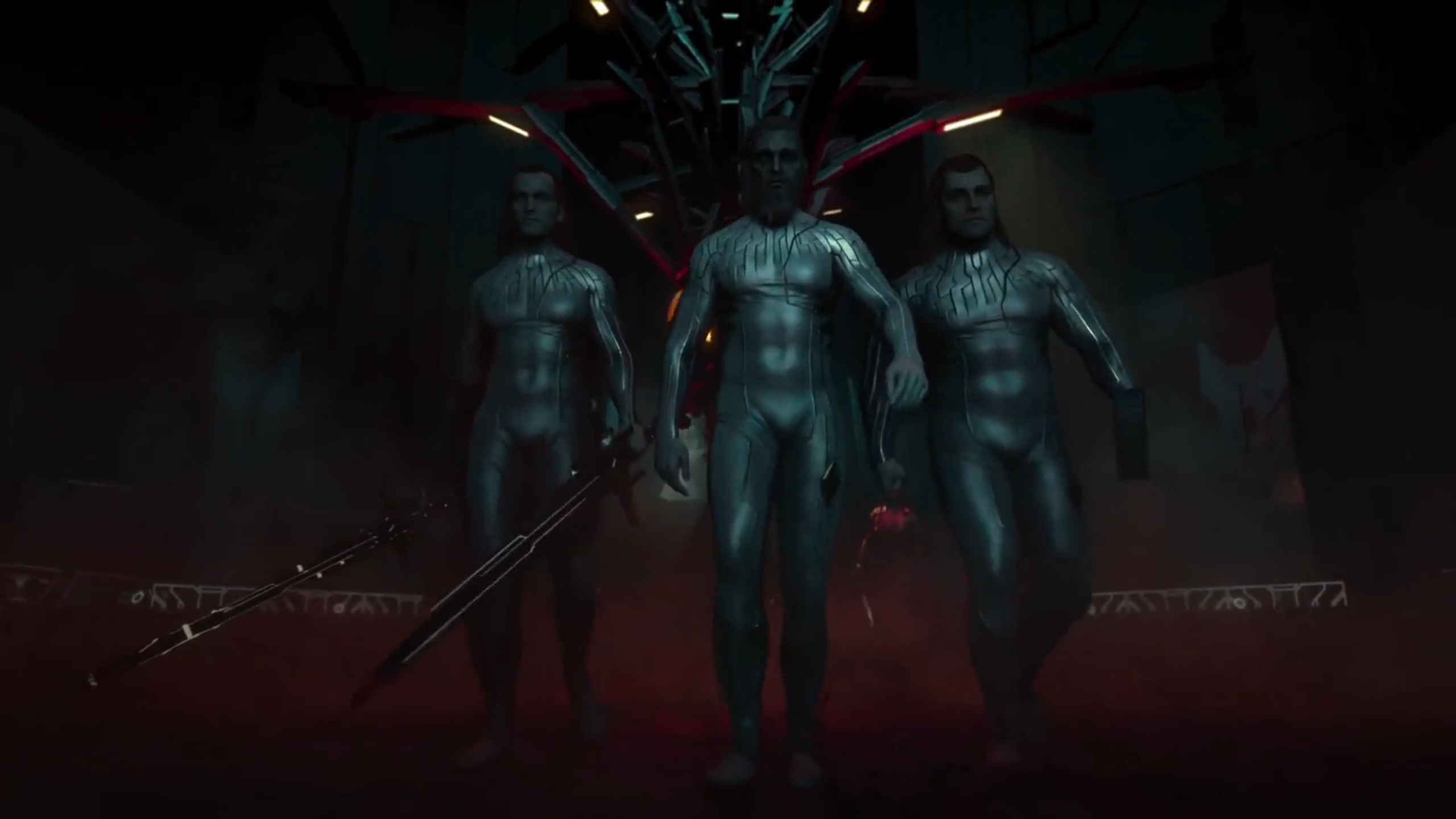 25 Images
25 Images